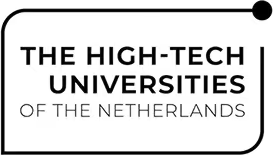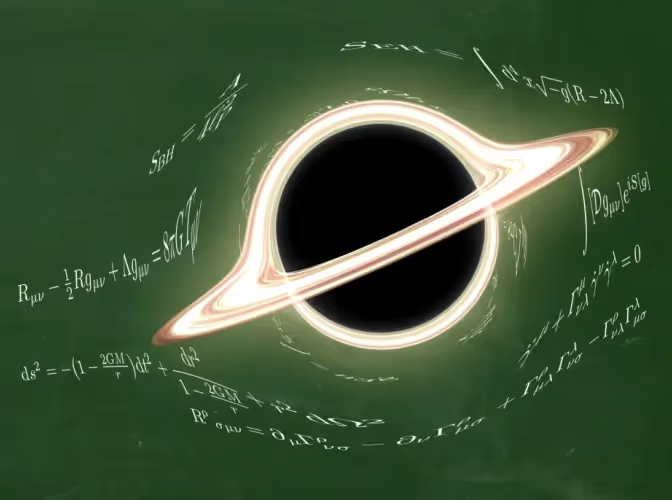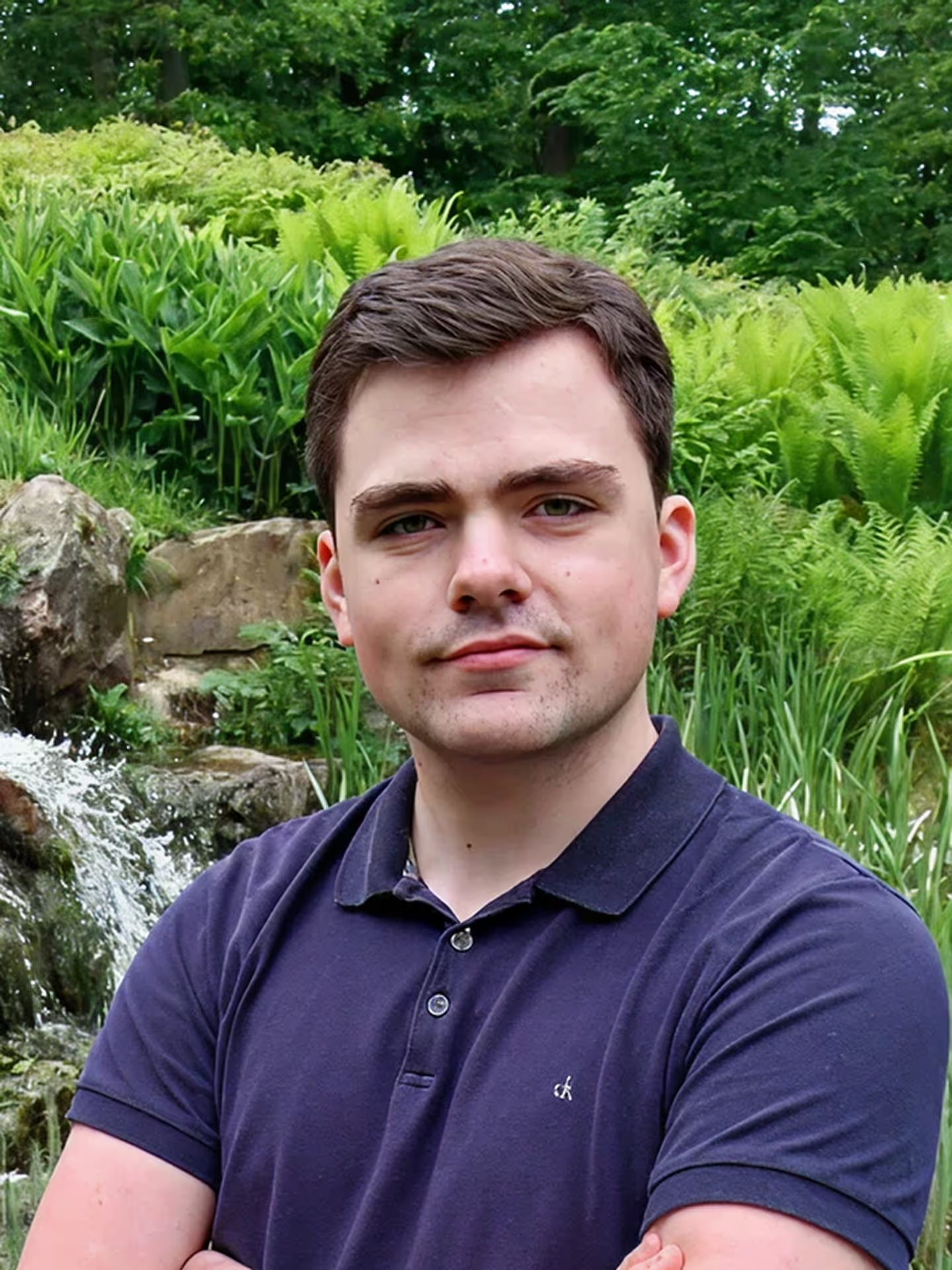"Step into a quickly emerging field of fundamental research with more than 30 Nobel Prizes in the past 40 years connected to this field."
Particle and Astrophysics
Ready to decode the universe's secrets? This specialisation provides thorough background in High Energy Physics, Astrophysics, and Mathematical Physics. If you're fascinated by extreme densities, gravities, and magnetic fields found only in space, focus on Astrophysics. Prefer studying particle interactions and searching for new particles at CERN? Choose High Energy Physics.
You'll participate in large-scale projects like the Large Hadron Collider, Event Horizon Telescope, or gravitational wave detectors. The Universe is an excellent laboratory—you'll learn to decode information from ultra-high temperature, pressure, magnetic fields, and gravity conditions.
Quantum Matter
Fascinated by quantum phenomena in materials? Quantum Matter covers the quantum realm in materials science, giving you bottom-up expertise of collective and emergent quantum phenomena where the whole exceeds the sum of its parts. You'll investigate these systems using both theoretical and experimental state-of-the-art methods.
In Nijmegen, worldwide advanced spectroscopy and microscopy tools await you—many developed on campus. Your discoveries serve as stepping stones toward tomorrow's applications: energy-efficient materials, spintronics, quantum or neuromorphic computing.
Neurophysics
Want to understand the brain's incredible computing power? Our brain contains ingenious networks of billions of interconnected neurons with information processing capacity exceeding modern supercomputers. You'll unravel neuro-computational mechanisms using experimental approaches, advanced theory, and computational models.
Radboud University uniquely covers complete neuroscience research—from cognition to behaviour, subcellular processes to big data and machine learning. You'll work with the world-renowned Donders Institute, building a high-profile network for your future career.
Gravity+
Ready to explore fundamental forces? This interdisciplinary track reflects the unique Radboud expertise on gravity from the smallest to largest scales, covering classical and quantum gravity, general relativity, and observational astrophysics.
Explore cutting-edge research into gravitational waves, black holes, and spacetime, positioning you at the forefront of modern physics.




.webp)
.webp)
.webp)




